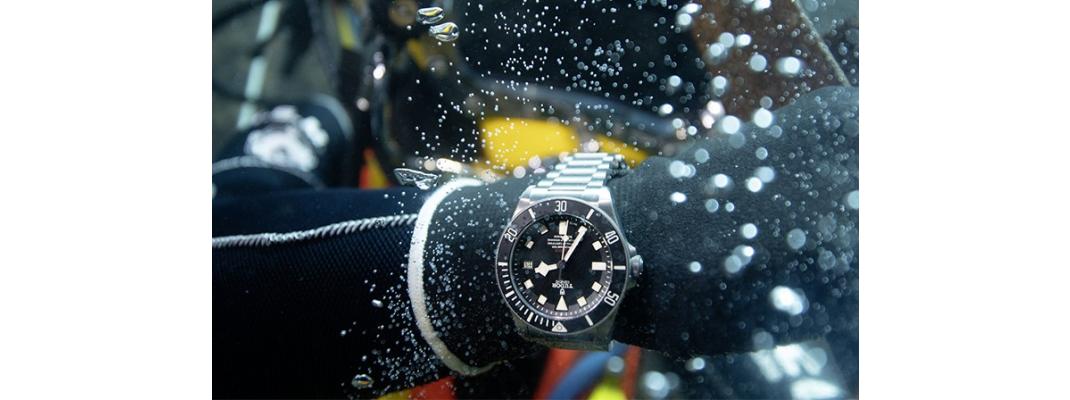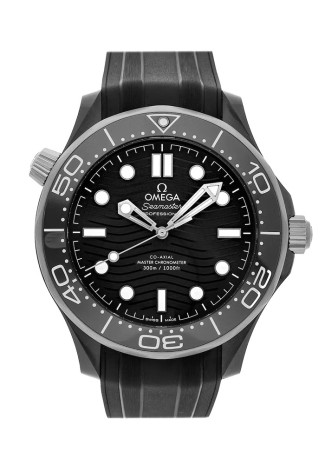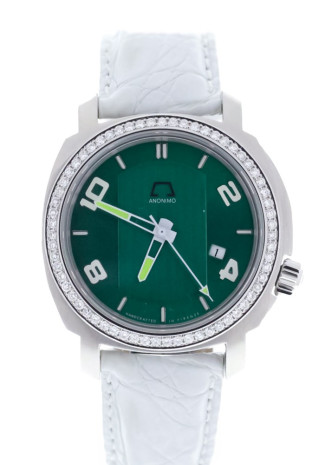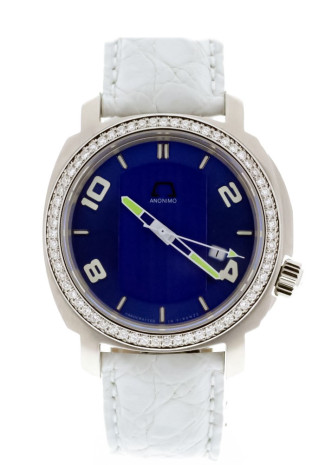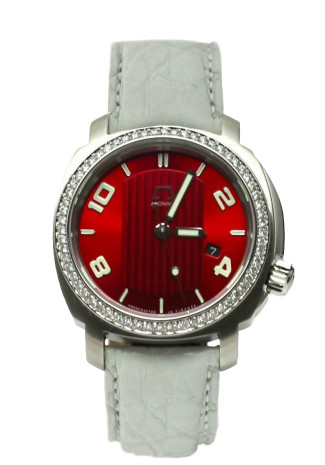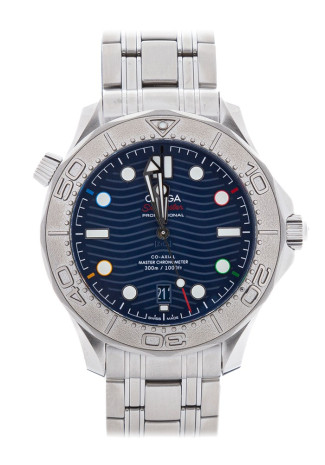Dive watches play a big and important role in horological history. These are watches that can withstand almost every stress test and situation you put them trough, no matter how rough. Thanks to James Bond, Dive watches can also be worn on formal occasions and under shirts. Thanks James!
And yet, these rugged pieces of steel can be easily damaged if you treat them in the wrong way. Here are a few tips and tricks on how to treat your dive watch right and prolong its life.

Screw Down Your Crown
This might sound as a stupid and obvious first step, but unfortunately it’s not. Every year, countless dive watches get damaged by water. A half-screwed down crown can look fine, but can let in water. Always make sure your crown is tightly screwed down before you enter the water.
A dent or scratch can be polished out, but even the slightest amount of moist can be bad news.
Therefore, if you see damp or water in your watch, bring it to a watchmaker as fast as possible. if you don’t do this, your movement, hands etc. can begin to rust. This can result in a very expensive service, or even a completely new movement.
Check The Waterproofing Of Your Watch
Your steel case will keep its integrity and strengths for hundreds, if not thousands of years. The real thread are the rubber gaskets. Since a metal on metal connection can’t be made airtight, rubber gaskets make sure water doesn’t come in through the case back or crown. This makes an excellent seal, but the downside is that rubber can lose its flexibility over time. This means that you can screw down your case back and crown properly and do everything by the book, but the old and dried up rubber gaskets can still let water in under high water pressure. If you plan on diving regularly, make your you get your caskets checked and changed every few years. Changing the rubber gaskets in pretty inexpensive, and usually only costs a few euro’s. Sending your drowned dive watch in for service is significantly more expensive.
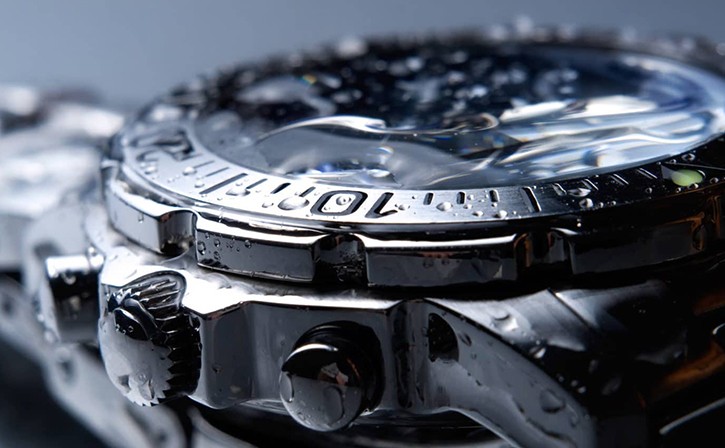
Rinse Your Watch After Swimming
‘Steel is strong, this shouldn’t be a problem, right?
Steel isn’t the problem, but the flexibility of the steel bracelet or rubber strap is.
Salt and sand from the sea and chlorine from a pool can over time damage your watch if you don’t wash it with clear water. Rubber straps also wear out quicker if you let salt water dry up on it. It’s not broken after the first swim, and no drama’s occur if you forget it once or twice, but if you are a frequent swimmer, rinsing your rubber strap will significantly prolong its life. Same thing with a steel bracelet. Salt and sand can dry up in and around the joints, making the bracelet less flexible and less smooth over time.
Another problem can be a jammed bezel. Sweat, dirt and salt can build up under your bezel. If you let this built up for years, your bezel can get jammed, making it harder or sometimes even impossible to turn.

